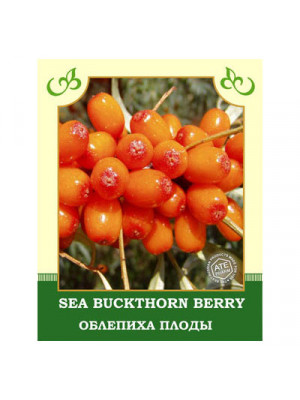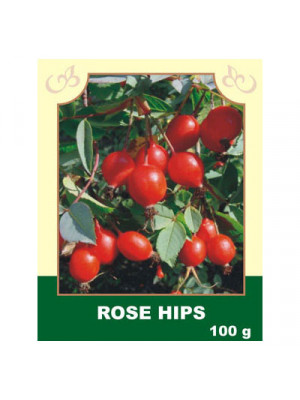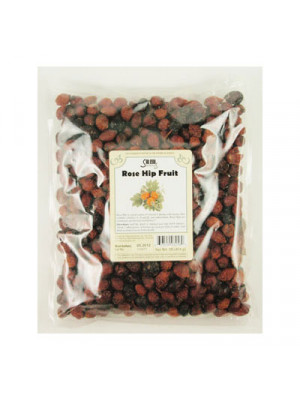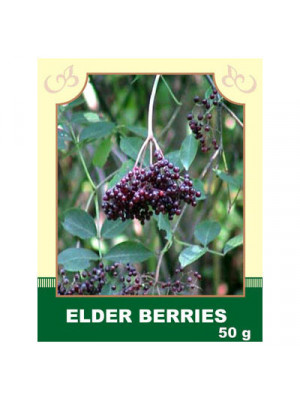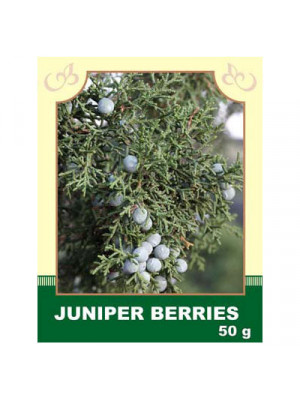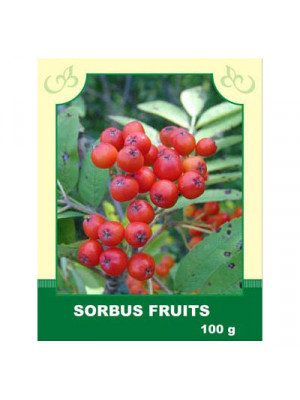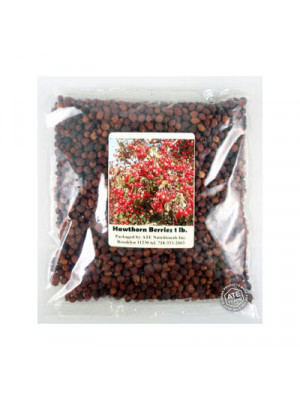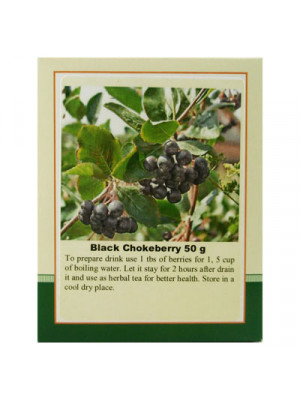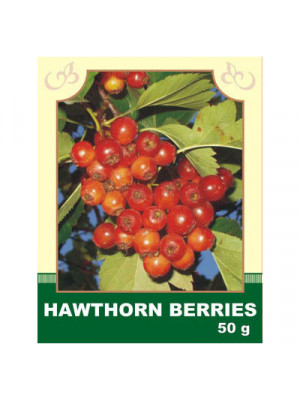Berries
Description. Sea Buckthorn is one of the important natural resources growing from Europe to China. For centuries, the people of central and southeastern Asia have used sea buckthorn as an agent of traditional medicine to prevent and heal various ailments. Today, the plant is primarily valued for its fruits, which provide vitamin C, vitamin E, B1, B2, K, P and other nutrients (sodium, magnesium, silicon, iron, aluminum, calcium, manganese) antioxidants, oils rich in essential fatty acids, and other useful components. The most important pharmacological functions attributed to sea buckthorn are: anti-inflammatory, antimicrobial and vitaminous. Sea buckthorn has been shown to have a potent antioxidant activity, mainly attributed to its flavonoids and vitamin C content. Vitamin B in Sea Buckthorn has a positive effect on Mens Health. Uses. There are five areas of sea buckthorn use: as an aid to patients undergoing cancer therapy; a long-term therapy for reduction of cardiovascular risk factors; reduction of gastrointestinal ulcers; internal and topical therapy for a variety of skin disorders; and as a liver protective agent (for chemical toxins) and a remedy for liver disorders. Sea buckthorn berries are use for avitaminosis and escorbuto.
Warning! Before using any herbal products, make sure that you have full knowledge of how the herb works and any adverse reaction it may cause.$8.99Internal use: The infusion of the fruits is considered a general tonic in folk medicine and is taken for general weakness, anemia, lung diseases, colds, liver diseases, kidney diseases, peptic ulcer of the stomach and duodenum, and in the treatment of eye diseases.
Method of application and dosage: Pour 1 tablespoon of finely chopped raw material with 1 glass of boiling water for 3-4 hours, strain, and take 1/2 glass 3-4 times a day.
Contraindications: Individual intolerance, thrombosis, endocarditis, and circulatory failure.
$4.99
Description. Common names: Dog Rose, Hip Fruit, Hip Rose, Wild Brier, Eglantine Fruits. Herbalists note that Rose Hips therapeutic benefits mirror those of vitamin C: supports immune health, promotes healthy resistance, soothes stress, and promotes urinary tract health. Rose Hips are packed with carotenoids, Calcium, B-Complex, Selenium, and other health-boosting nutrients. Herbalists recommend Rose Hip tea, especially when you're experiencing that exhausted, "running on empty" feeling. Enjoy Rose Hips as a tangy, non-caffeinated tea to drink throughout the day as a daily herbal source of Vitamin C and bioflavonoids. Rose Hips have bactericidal, anti-inflammatory, diuretic properties, and strengthen immune system. Use. In addition to their culinary uses, Rose Hips are also valued for medicinal properties. The anti-inflammatory properties of rose hips have recently been shown to be useful in the treatment of patients suffering from knee or hip osteoarthritis. Scientists in Denmark reported that patients who daily consumed standardized rose hip powder experienced significantly less joint stiffness and pain, and an improved general well-being and mood after 3 to 4 months of treatment. Rose Hips are also used for atherosclerosis, high blood pressure, stomach ulcer, for better metabolism. Rose Hips help to reduce cholesterol from blood. Those who take Rose Hips regularly say that have become more energetic and sturdy.Rose Hips are also capable of alleviating the problems of insomnia, do away with depression, drive out fatigue and also offer comfort in conditions such as tetchiness.
Attention! Before using any herbal products, make sure that you have full knowledge of how the herb works and any adverse reaction it may cause.$13.59Internally, it is taken for diabetes, edema, dropsy, diarrhea, dysentery, and pains and cramps in the abdomen.
Method of application and dosage: 1 tablespoon is poured with 200 ml of boiling water, heated on a water bath with the lid closed for 15 minutes. Cooled at room temperature for 45 minutes, strained. The obtained infusion is consumed warm, 1-1.5 cups 2-3 times a day.
Contraindications: Individual intolerance.
$6.99Internal use:
Take it internally for bronchitis, tracheitis, laryngitis; neuralgia, rheumatism, gout; gastroenteritis; chronic pyelitis, cystitis, and in the treatment of gallstone disease.
Application and dosage: Pour 1 tablespoon of dried fruits with 200 ml of boiling water, boil in a water bath for 15 minutes. Infuse for 45 minutes at room temperature, strain, squeezing out the remaining raw material. The finished infusion is brought to the original volume with boiled water and taken 1 tablespoon 3-4 times a day after meals.
External use:
Externally used in gynecology for douching with colpitis and bacterial vaginosis in women, as well as in the form of baths for the treatment of neuralgia, rheumatism, gout, scabies, and eczema. For baths: pour 100-200 g of dried fruits or young shoots with 1 liter of water, boil for 5 minutes, infuse until cooled, strain, and pour into the bath. For douching: pour 20 g of dried fruits with 1 liter of boiling water, boil for 5 minutes, strain, cool, and use as directed.
Contraindications: Individual intolerance, in case of acute kidney inflammation, and during pregnancy. Consult a specialist before use.
$6.99Internally, it is taken for avitaminosis, digestive disorders, for the prevention and treatment of cholecystitis, kidney stones, manifestations of age-related atony of the large and small intestine, dysentery, hemorrhoids, uterine bleeding during menopause, for regulating menstruation, reducing cholesterol levels in the blood. Helps with anemia, exhaustion, enhances the body's protective properties.
Method of application and dosage: Steep 15 g of dried fruits in 200 ml of boiling water, boil on a water bath for 45 minutes, infuse at room temperature for 10 minutes, strain, squeezing the remaining raw material. Bring the ready infusion to the original volume with boiling water and take 1 tablespoon 3-4 times a day.
Externally, for rinsing greasy hair after washing: 1 tablespoon of rowan berries in a glass of boiling water; boil for 10 minutes, strain.
Contraindications: Individual intolerance, increased blood clotting, pregnancy. Not recommended for internal use for individuals over 45 years old.
$6.99
Description. Hawthorn is a plant very popular in Chinese and Japanese medicine. The plant is believed to strengthen cardiovascular function. Hawthorn is also used as an aid to lower blood pressure, lower cholesterol, and treat some heart related diseases. The herb called the hawthorn is one of the best herbs to boost the performance of the heart and the human circulatory system in general. Regular supplementation with this herb can thus help bring some balance blood pressure and it is considered to be excellent for heart. Use. Problems connected with poor circulation caused by aging arteries, problems of poor circulation towards the lower body and legs as well as problems like poor memory and confusion induced by a poor blood circulation to the brain can all be reduced by supplementation with the hawthorn herb. The herb also has an effective and remedial effect in angina. Hawthorn berries possess a potent and effective astringent effect - this is very effective in the treatment of problems such as diarrhea and dysentery in patients. The digestive system also benefits due to the relaxant action possessed by the hawthorn berries - the herbal remedy also boosts the appetite. Hawthorn herbal therapy also has an effective relaxing effect on the functioning of the nervous system, the herb aids in relieving excessive stress and anxiety, it helps in calming mental agitation, it lessens restlessness and reduces nervous palpitations. The herb also induces sleepiness in people affected by insomnia. The hawthorn berries can be made into an herbal decoction, which can be used as an astringent gargle for sore throats as well as an herbal douche for women affected by excessive vaginal discharges.
Attention! Before using any herbal products, make sure that you have full knowledge of how the herb works and any adverse reaction it may cause.$14.99Internally: Blackcurrant enhances immunity, has a general strengthening effect, helps strengthen blood vessel walls, increases their elasticity and firmness; has a favorable effect on the endocrine system; contributes to lowering blood pressure and blood sugar levels.
Method of application and dosage: In 1 liter of boiling water, add 100 g of dried berries and simmer for 10 minutes. Remove from heat, cover with a lid, infuse for 20 minutes. Squeeze through cheesecloth. Drink 3 times a day, half a glass each time. For colds, take 3 tablespoons of dried berries, pour boiling water (1 liter), infuse for 3 hours. Strain, pour into a glass, mix with a tablespoon of honey. Drink throughout the day.
Contraindications: In case of frequent constipation, peptic ulcer disease, gastritis with high acidity, hypotension, thrombophlebitis, and increased blood clotting.
$6.99Internally, hawthorn preparations are taken for disorders of cardiac activity, cardiac weakness after severe illnesses, initial stages of hypertension, dizziness, insomnia in cardiac patients, and climacteric neuroses.
Method of application and dosage: Tincture from hawthorn fruits is prepared on 70% alcohol in a ratio of 1:10. Take 20-30 drops 3-4 times a day before meals. A water infusion: 20 g of dried fruits are poured with 200 ml of boiling water, infused for 30 minutes (can be in a thermos), then strained. The obtained amount of infusion is taken twice: half in the morning on an empty stomach, the other before bedtime.
Contraindications: Individual intolerance.
$6.99


